Higher education is an integral part of a student’s life and pursuing higher education in abroad countries has become a popular trend.
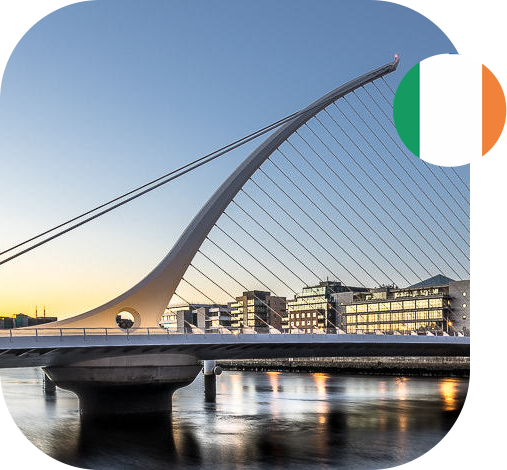
The Republic of Ireland, simply known as Ireland is one of the most popular study destinations in Europe for international students. Located on the edge of the Europe with Dublin as the capital city, Ireland has one of the best education systems in the world and is robust, with globally ranked universities. The Northern Ireland, which is Ireland’s only land border, is officially part of the United Kingdom.
Ireland is also the best choice for students who enjoy nature, literature and ancient history. It is considered a safe and friendly country and consistently ranks among the Top 10 or 20 in the world on international rankings of countries’ quality of life, peace and human development.
The higher education institutions are dedicated to ensuring that international students are provided with all the support required to settle in the new environment with adequate information and continued support. People in Ireland have their own language with a distinct cultural identity however, English is the major language spoken.
The area size of Ireland is around 84,400 km² with a popfrequlation of around 4.9 million. There are currently over 32,000 international students pursuing their higher education with another 120,000 studying English in Ireland.
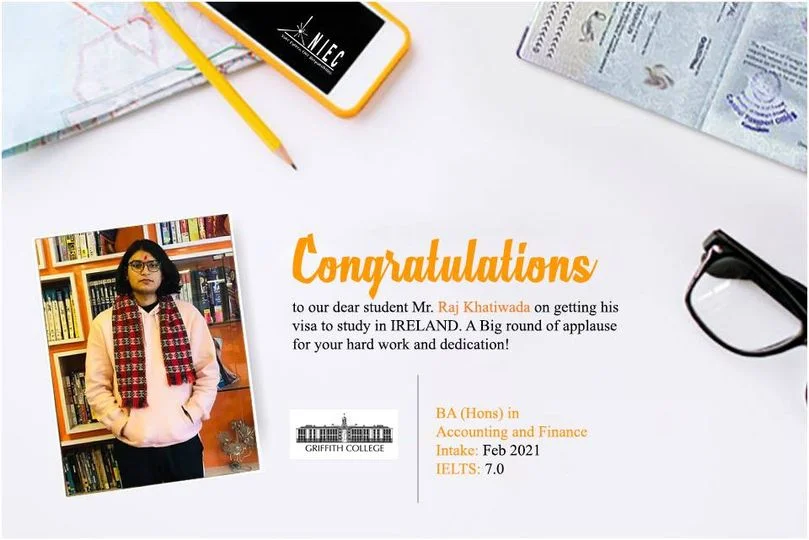
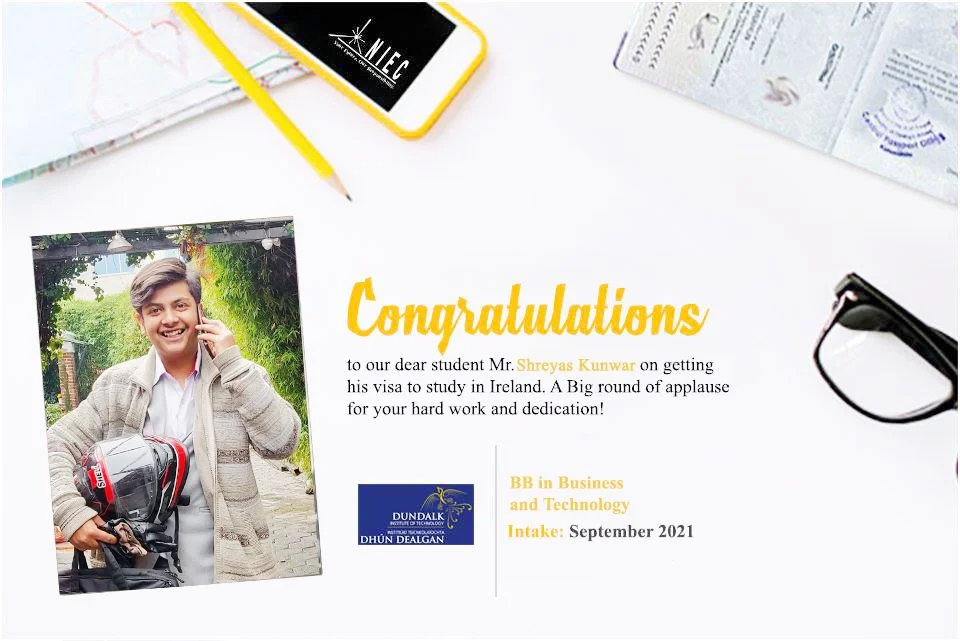
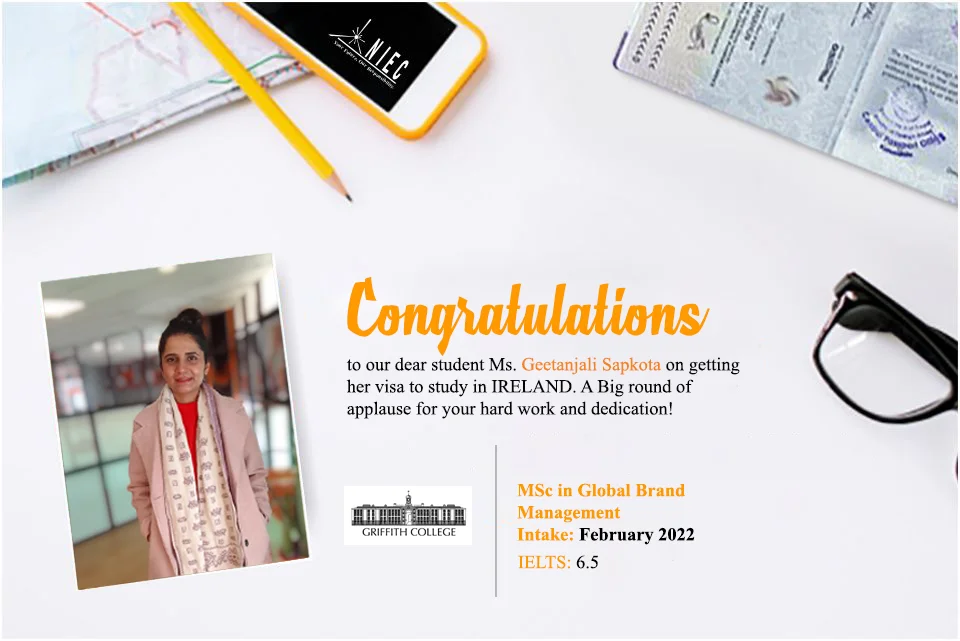
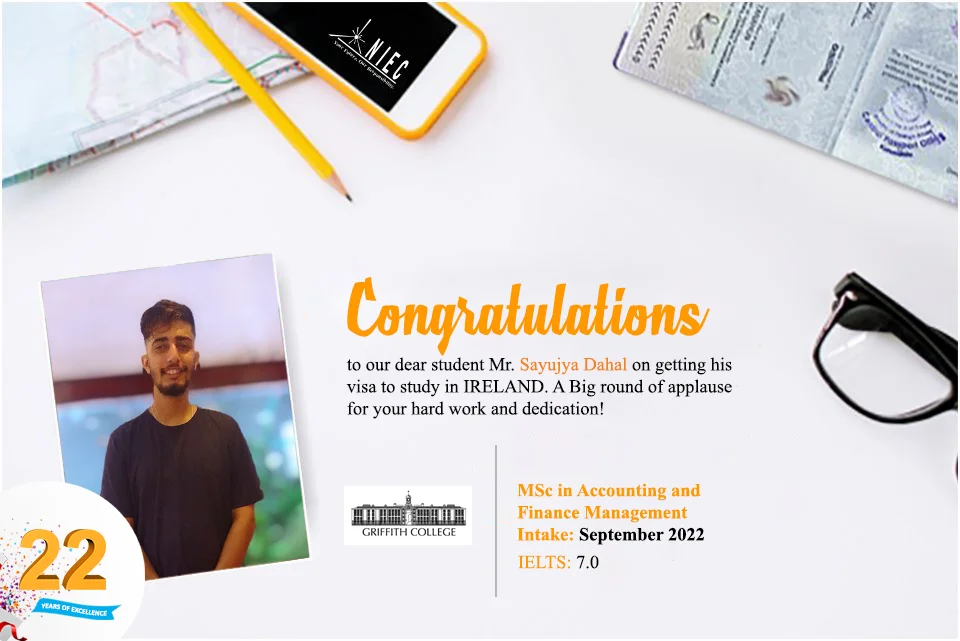
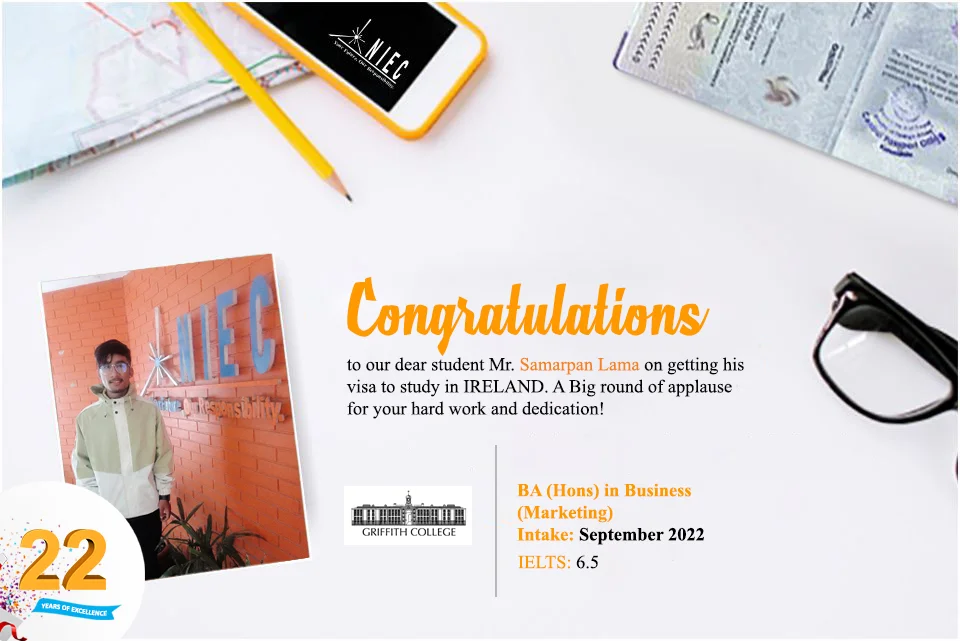
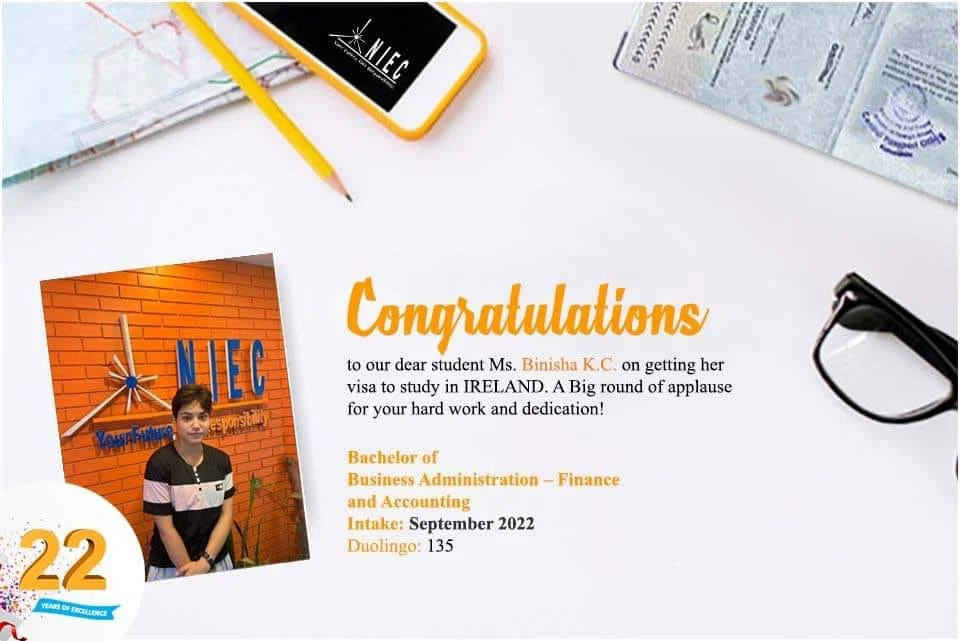
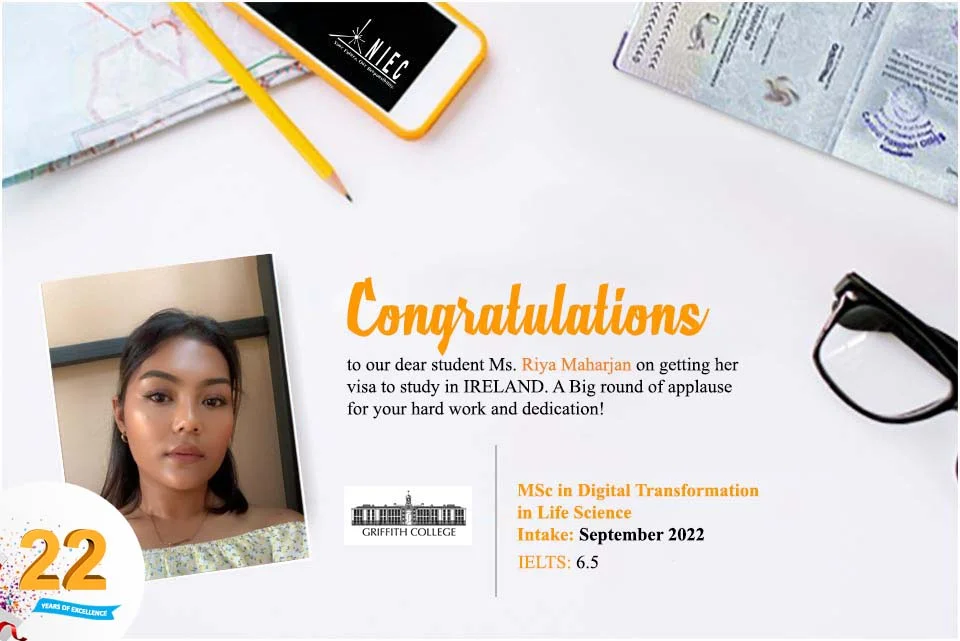
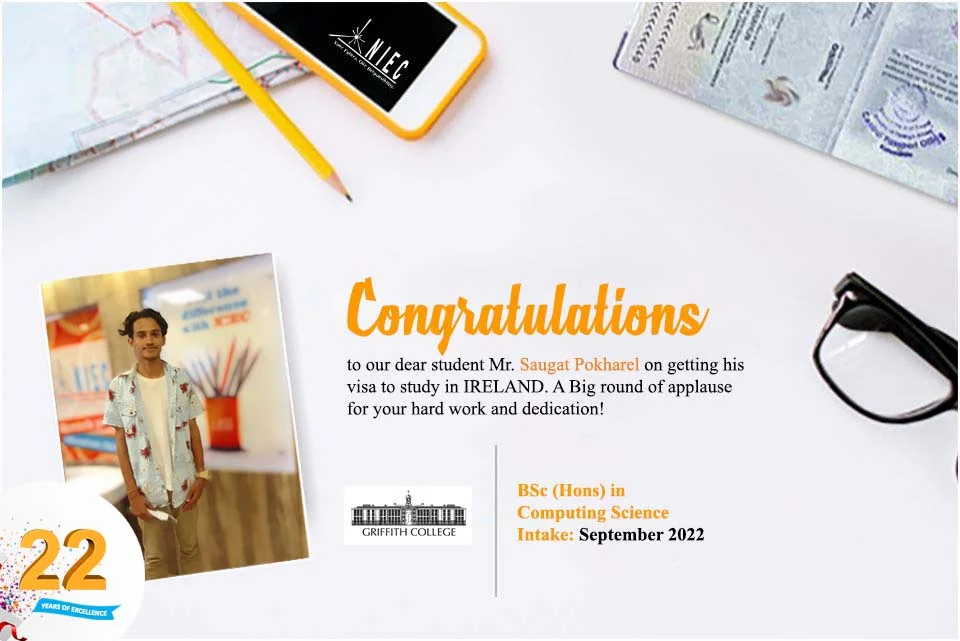
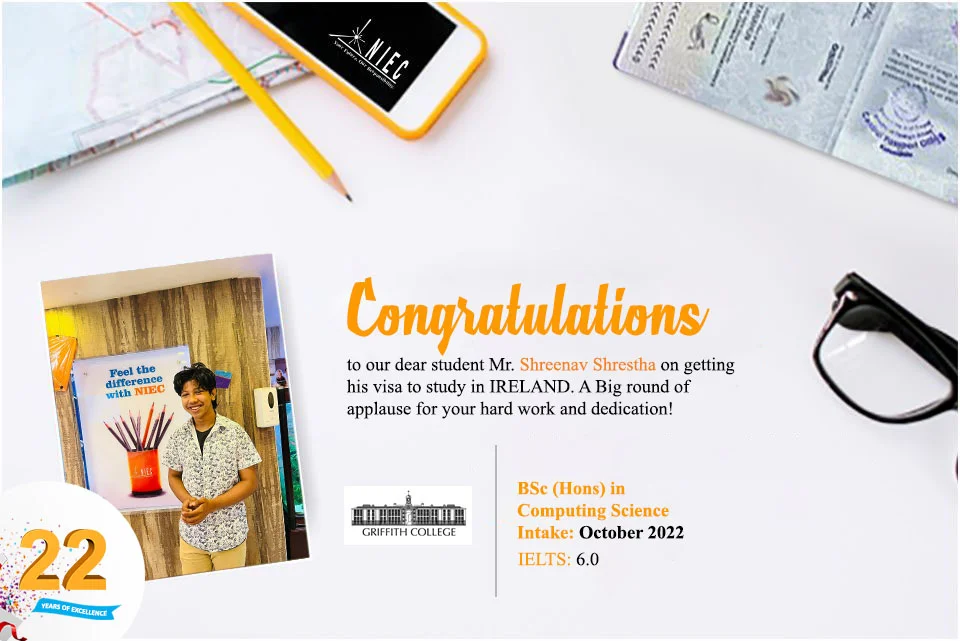
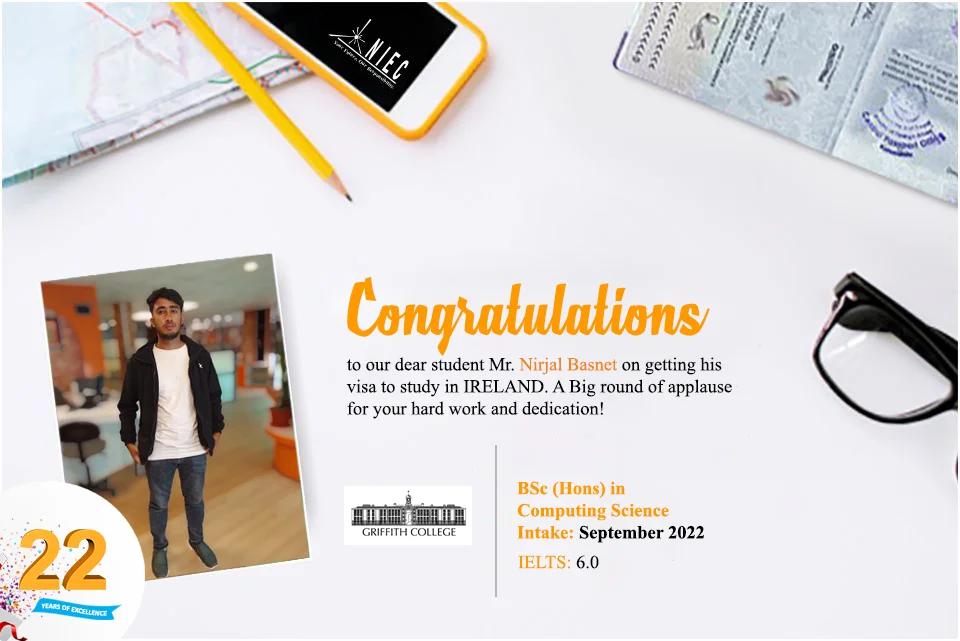
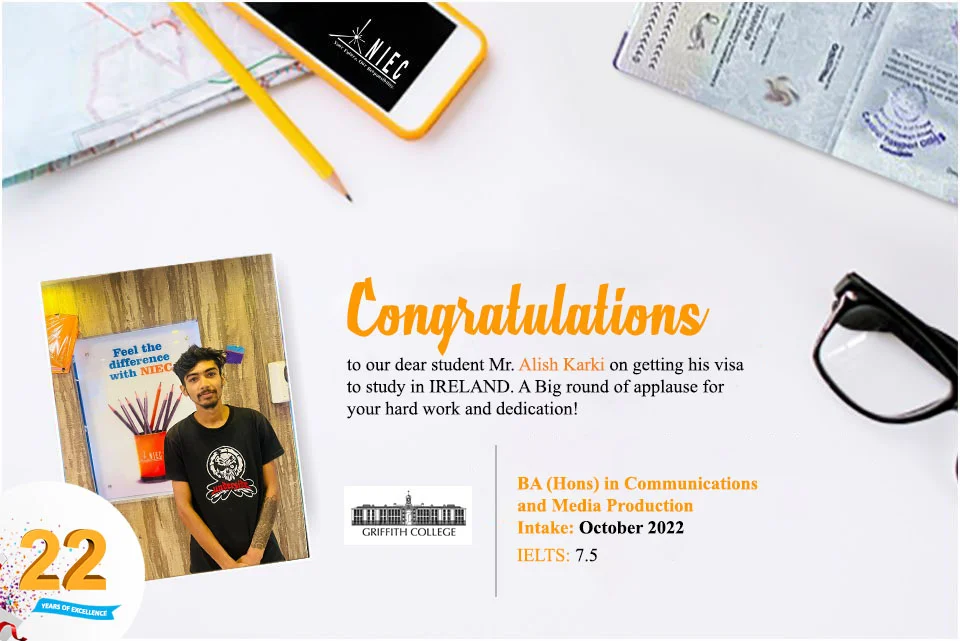
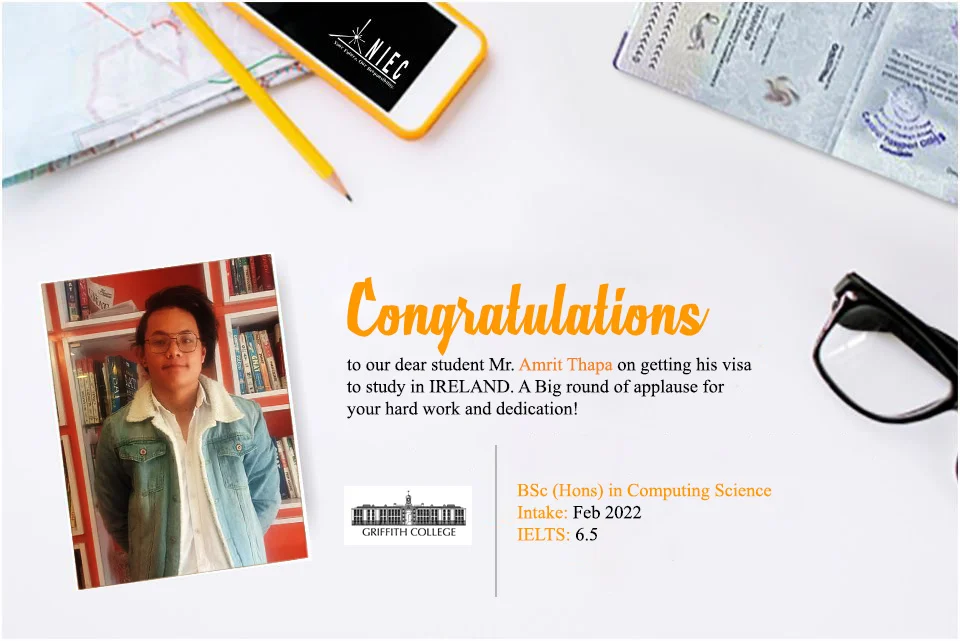
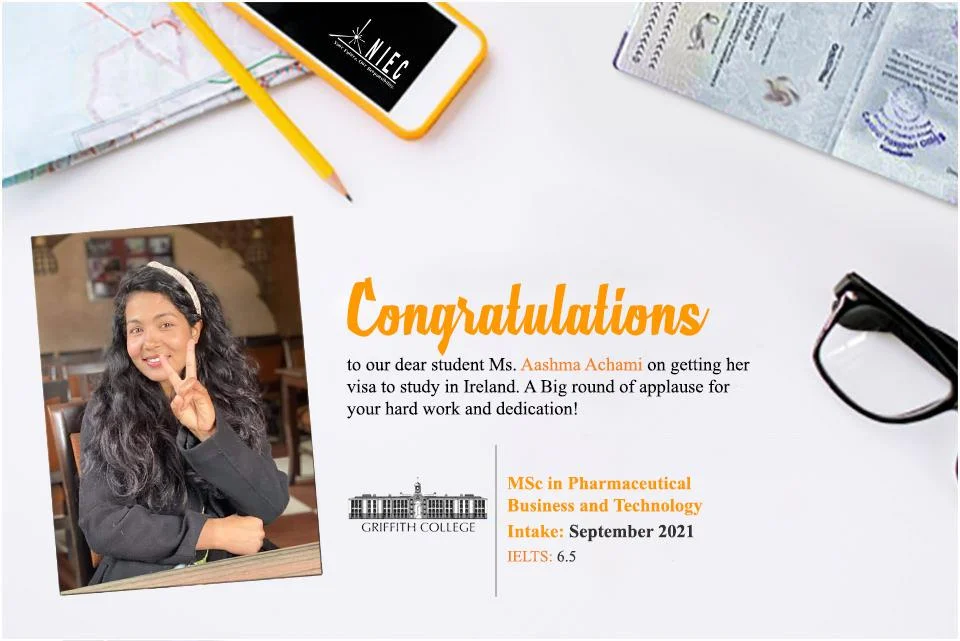
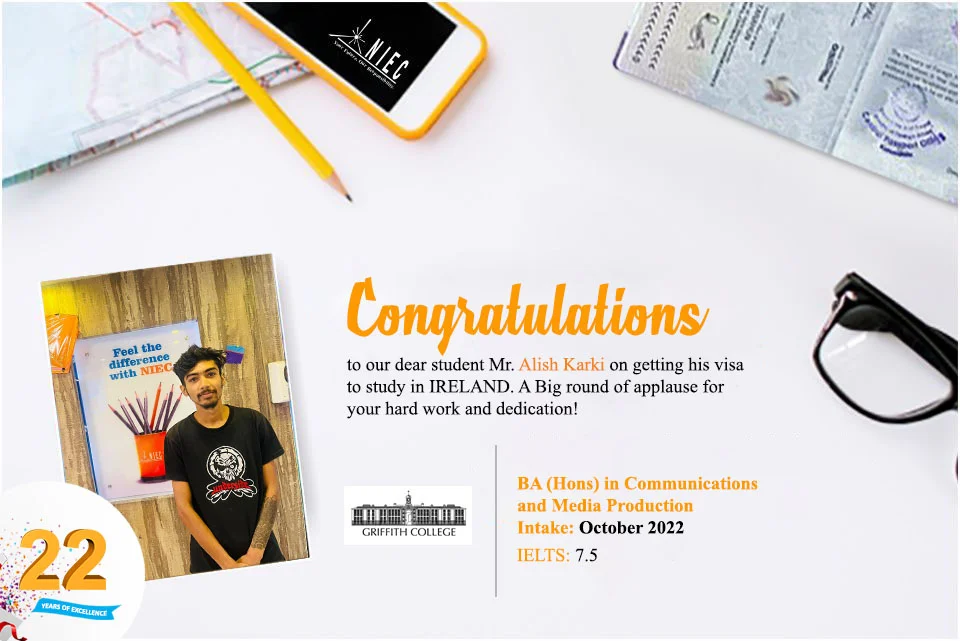
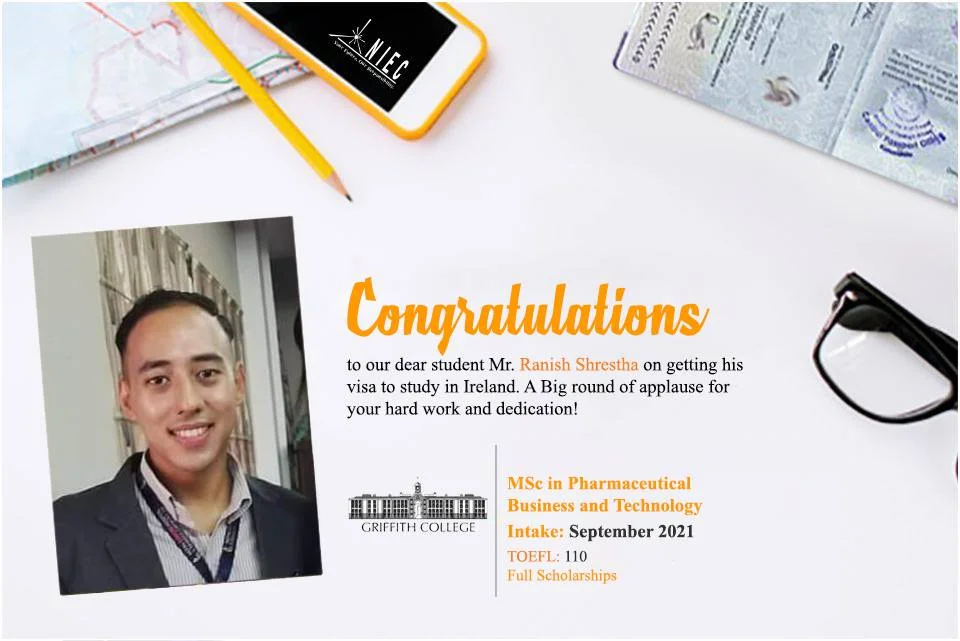
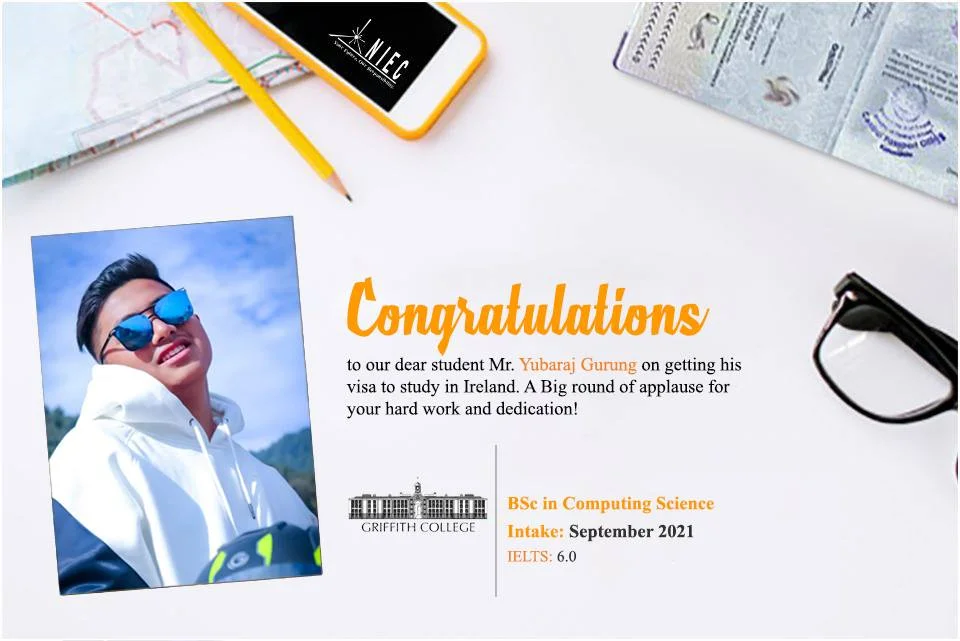
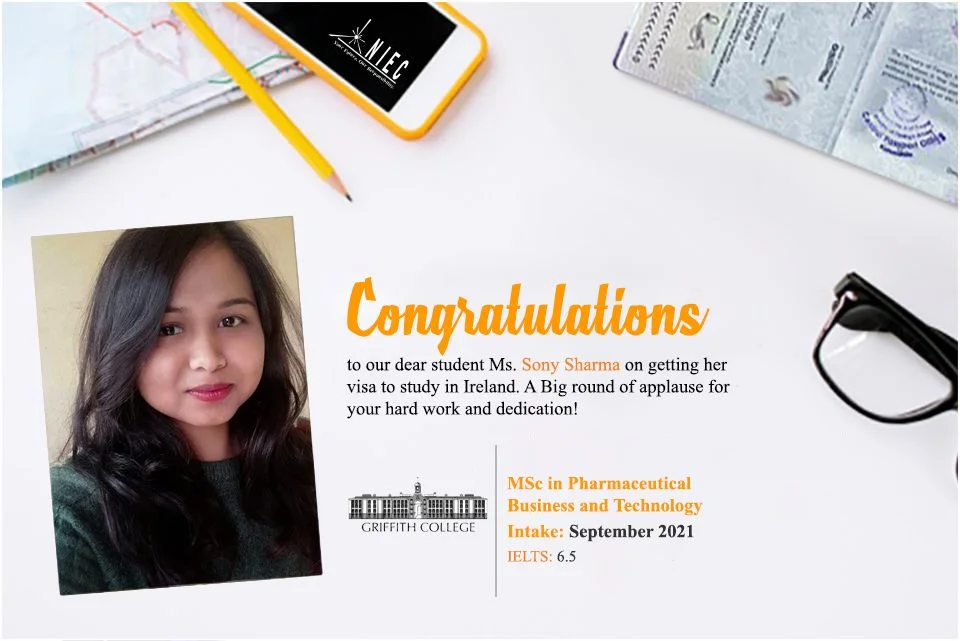
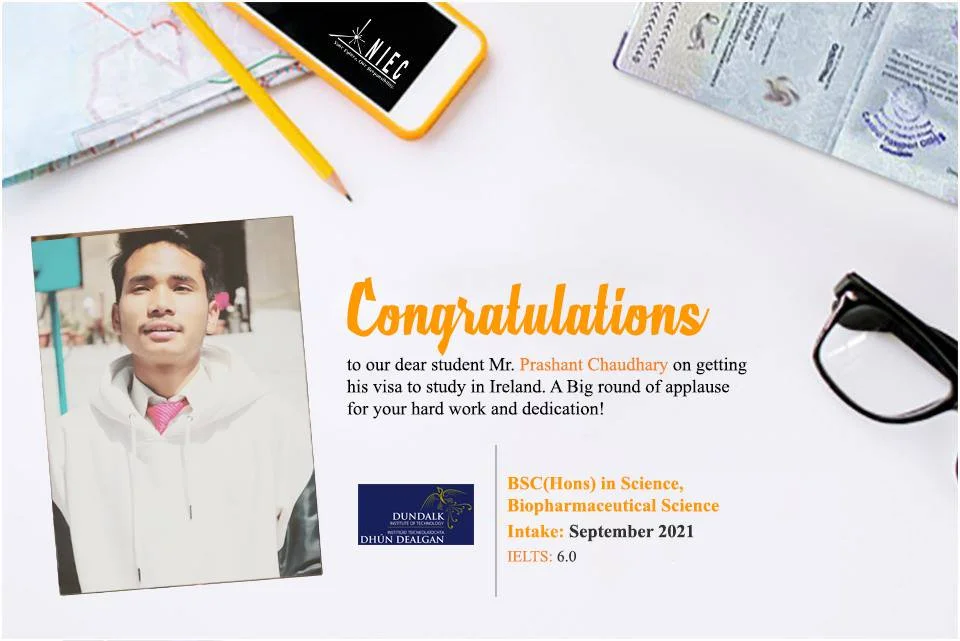
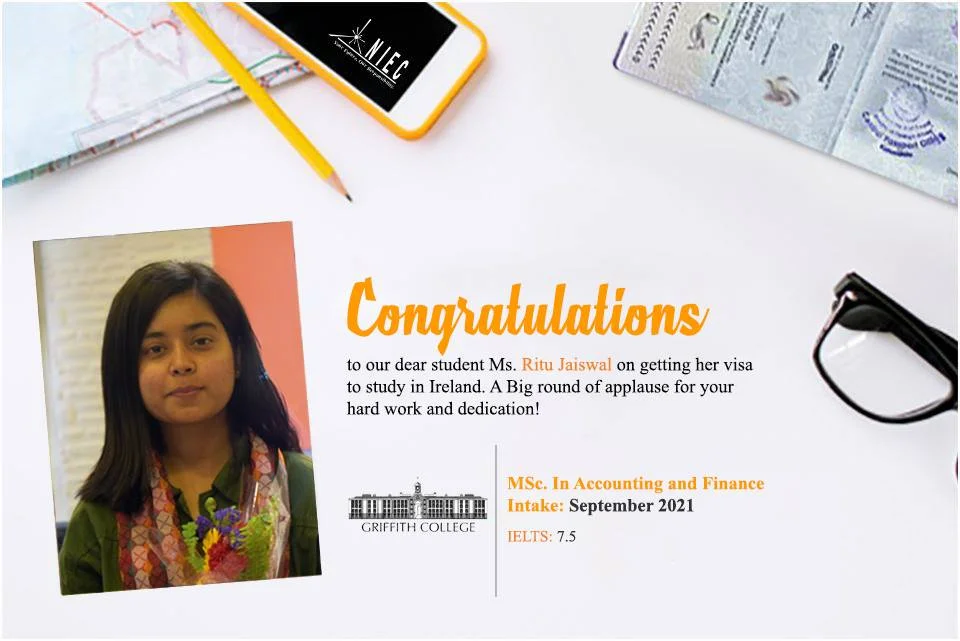
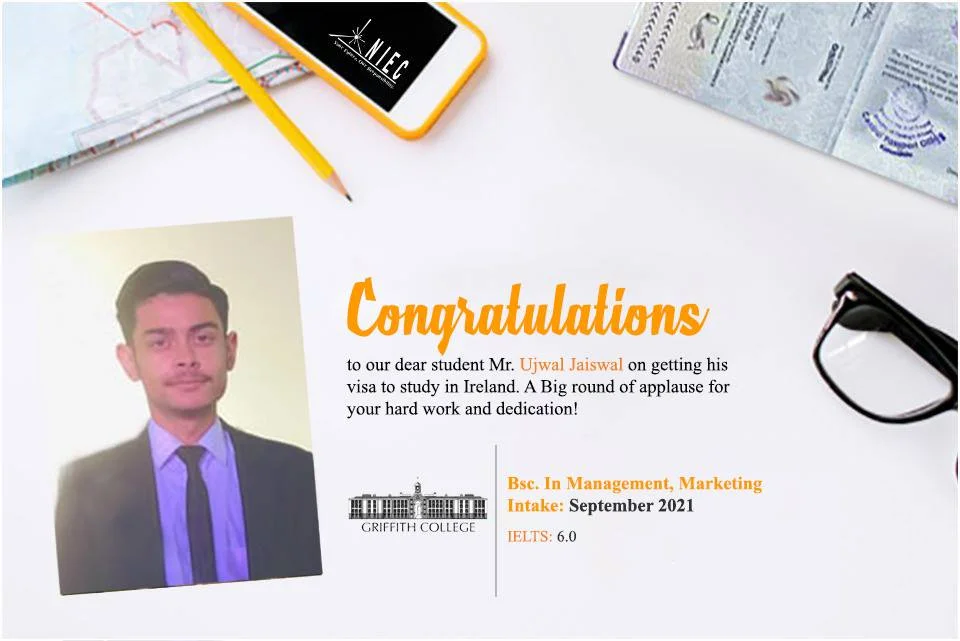
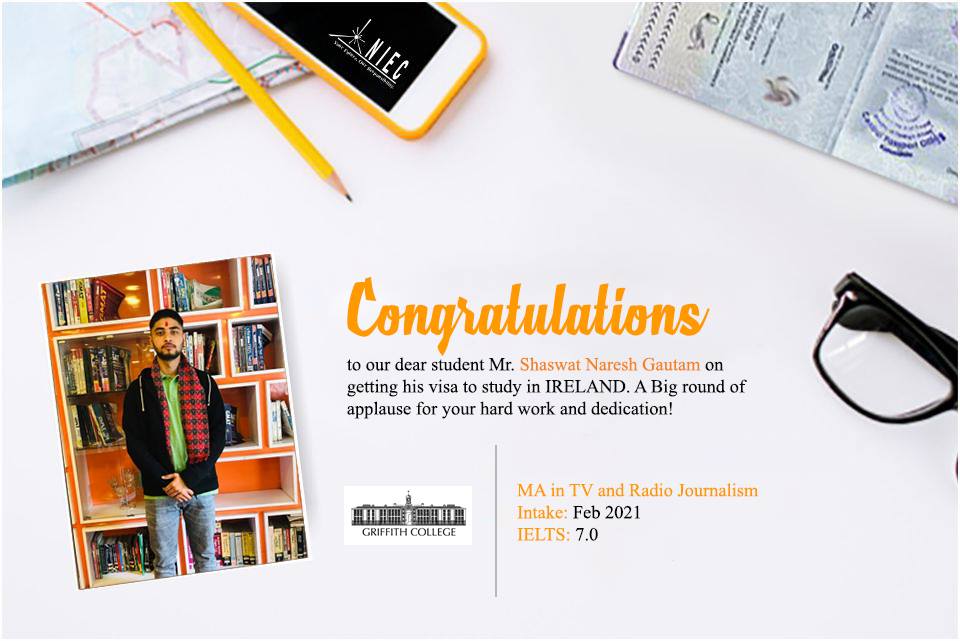
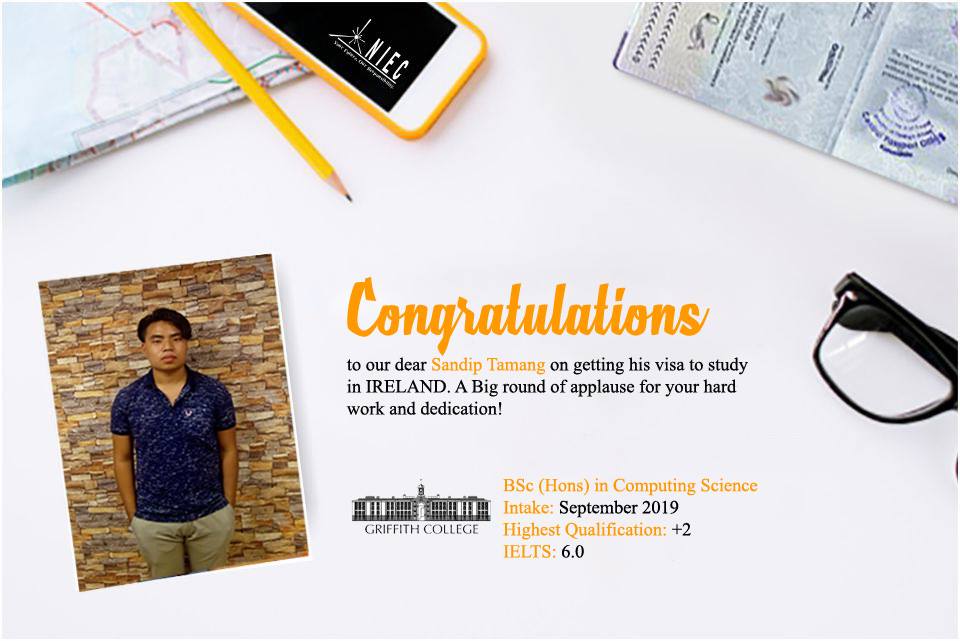
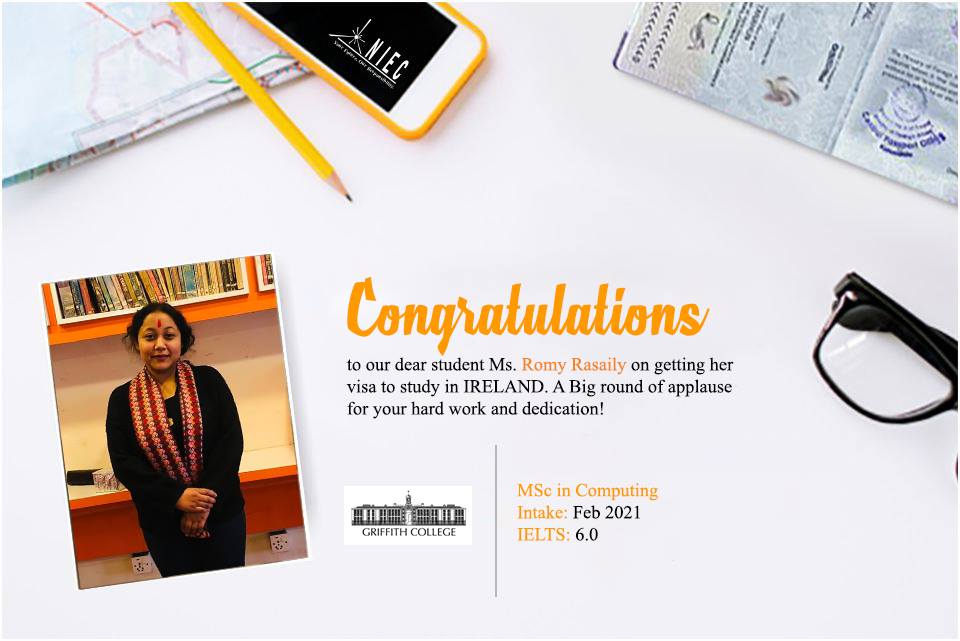
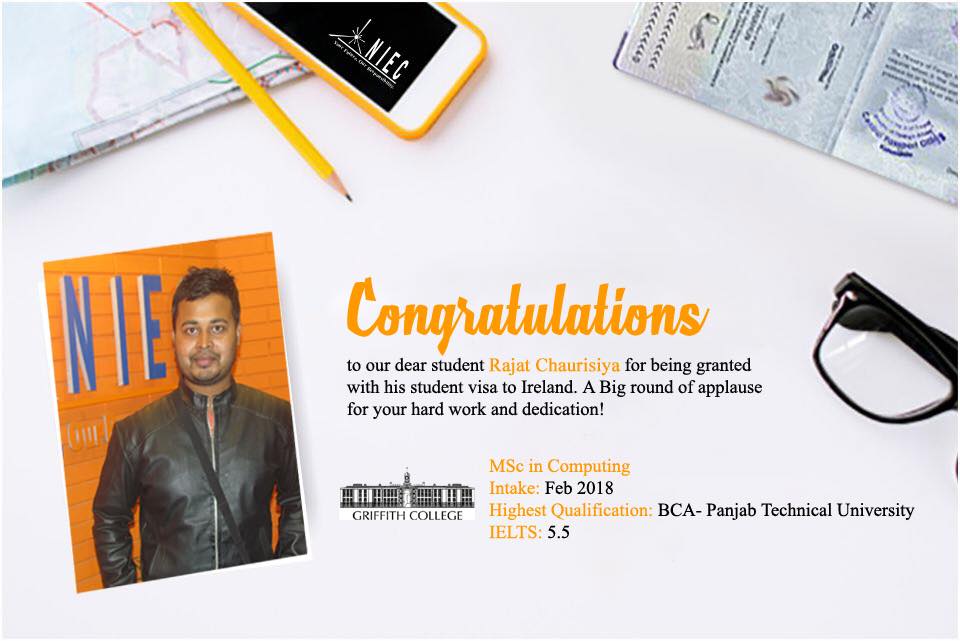
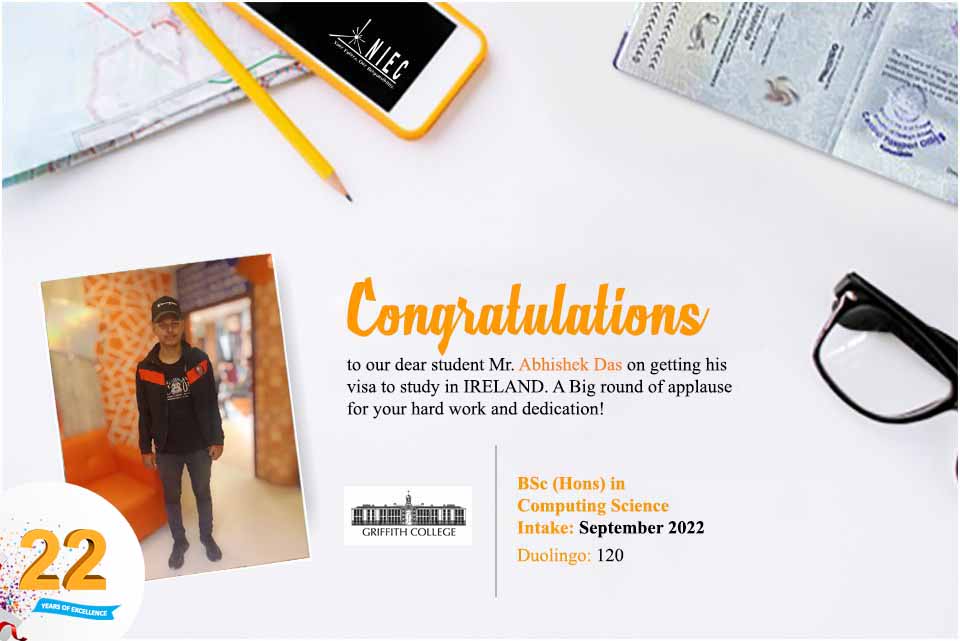
The higher education system in Ireland is among the best in the world with universities placing in the top 3% of universities in the world according to the QS World University Rankings 2016/17. Above 40% of adults in Ireland aged 25-64 have a post-secondary education and additional 75% have processed to higher or further education and training. The education system in Ireland is mainly divided into pre-primary, post-primary (secondary) and third-level or higher education followed by adult or further education.

The compulsory school age for children in Ireland is from age 6 henceforth, pre-primary education is optional with only 40% of four-year-olds and five-year-olds enrolled in infant classes for early education. It includes pre-schools like play-school and Montessori schools.

Children in the primary level study from the age of six until they are 12 or 13 where the duration of the education is usually eight years. You can choose from more than 3000 schools that includes state-funded primary schools, private schools and special schools (for students with disabilities).

The second level education consists of different types of post-primary schools like secondary, vocational, community and comprehensive schools where children begin school at the age of 12 and complete school by the age of 17 or 18. Vocational schools, community colleges and comprehensive schools in addition to providing second-level education are designed to provide opportunities for further education.

Higher education also known as Third-level education in Ireland includes various sectors like the university sector, institutes of Technology, the developing Technological Universities sector, and the colleges of education. Generally, the first semester runs from early September to December with one-month Christmas break in December/January and the second semester runs from late January to May with summer holidays that run from May through early September.

Further and Adult education includes the training and education after second-level schooling which is not a part of the third-level system. It most commonly includes programs such as Post-Leaving Certificate Courses, the Vocational Training Opportunities Scheme, programs in Youthreach for early school-leavers and other literacy and basic education.

National Framework of Qualifications compares and measures the learning achievements at Irish education institution and it also governs the transfer process. The higher education system in Ireland through NFQ is in accordance with the European Qualifications Framework (EQF) that allows the Irish credentials to be easily recognized and accepted across the EU. The National Framework of Qualifications (NFQ) Levels 7-10 offered by Irish IoTs and Universities translate to the European Qualifications Framework (EQF) as follows:
NFQ level 10 > EQF Level 8
NFQ level 9 > EQF Level 7
NFQ level 8 > EQF Level 6
NFQ level 7 > EQF Level 6
A Degree Program in Ireland refers to full-time, day-time academic courses leading to major awards at or above Level 7 of the National Framework of Qualifications (NFQ). There are mainly six types of degree programs offered in Ireland:
NQF Level 7- Ordinary Bachelor Degree with a study duration of 3 years
NQF Level 8- Hounours Bachelor Degree with a study duration of 3-4 years
NQF Level 8- Higher Diploma with a study duration of 1 year
NQF Level 9- Postgraduate Diploma with a study duration of 1 year
NQF Level 9- Masters Degree with a study duration of 1-2 years
NQF Level 10- Doctoral Degree with a study duration of approximately 4 years
It is important that the course you are going to pursue must be included in the Internationalization Registered by the National Qualifications Authority of Ireland (NQAI). Yu can simply visit www.nqai.ie or more information.
Ireland has a total of 7 universities, 11 Institutes of Technology (IoTs), one Technological University, 15 private higher education institutions and 7 colleges of education.

Universities in Ireland offer degree programs at the foundation, bachelors,masters and PHD levels where they host tens of thousands of international students. There are a total of 7 universities in Ireland and all of them are ranked in the top 3% of institutions worldwide. They have dedicated offices to help international students adjust to Irish education and culture.
IoTs and Technological University Dublin are a major success in Irish education which allows students to progress from 2 years associate’s degree programs to degree programs including bachelors, masters and PHD. The certificate and degree programs offered focus on areas such as business, science, engineering, linguistics and music.
Many of these colleges are affiliated with universities and provide special training for primary school teachers offering a 3 years Bachelor of Education degree and an 18 month postgraduate diploma.
There are mainly 15 private colleges in Ireland and they offer specialized education in fields such as business, law, hospitality and hotel management, art and design, and many other fields of study. The Higher Education Colleges Association (HECA) works to ensure standards in the sectors and currently there are 15 private colleges that are members in HECA and of all which are accredited by the Quality and Qualifications Ireland (QQI).
Learning about the education system, types of degrees offered, different types of universities and colleges will help you have background information on how the education system in Ireland works. However, if you are intending to pursue your higher education, there are a lot of information regarding the admission procedures and immigration that you have to consider.
As with any other study destination, you can simply begin your journey by exploring and researching the wide range of courses offered in various universities and institutions in Ireland. You can choose courses and degree programs from universities, Institute of Technology (IoTs) or Private Colleges that best suits your needs.
It is highly suggested that you research various websites available, compare courses and institutions, and consider the rankings, fees and scholarship including the eligibility for admissions in order to select your best fit course and institution.
It is important for international students to meet
application deadlines and take required tests. Additional documents and tests
may be recommended for certain courses like Medicine. It is important to be
aware of minimum academic and language scores required for admission.
Non- EU students can directly apply to their chosen Irish university for their undergraduate programs. Postgraduate programs may require you to apply via the Postgraduate Applications Centre. The application procedures for each university may vary henceforth, it is best to contact with the International Office of the university.
The tuition ranges greatly on whether a student is studying at a university or an Institute of Technology (IoT) depending on the program of study. The course fees are generally lower at the IoTs than at universities where most programs cost under €13,000 per year whereas the minimum cost of university programs are usually €12,000 per year.Please see below the tuition costs of various programs on average:
Courses | Undergraduate | Postgraduate |
Medicine and related courses | €45,000 – €52,000 | €4,000 – €31,000 |
Engineering | €9,750 – €23,000 | €9,250 – €24,000 |
Science & Technology | €9,750 – €22,000 | €9,250 – €45,000 |
Arts & Humanities | €9,750 – €20,000 | €9,250 – €22,000 |
Business | €9,750 – €18,000 | €9,250 – €34,500 |
It is best to look at the specific program cost in the university or institution’s website or you can directly contact the admissions office.
International students are required to submit test scores as proof of English-language proficiency. Caution: “All English-language certificates must have been issued within two years of the expected commencement date of the student’s course.”
Generally, the English language requirement for international students in IELTS is a composite score of 6.0 – 6.5 with not less than 6.0 in any one component. Students can also submit PTE scores equivalent to the mentioned IELTS scores. However, it is important to note that university may have slightly different minimum scores which is why you should check with the International Office.
International students who are eligible are offered scholarships at Irish universities and IoTs which includes various scholarships like Government of Ireland Scholarship, scholarships awarded by individual institution or another organization. These scholarships are available at most levels of study and are awarded solely at the discretion of the individual organizations that set their own criteria for eligibility. It is best if students contact the institution or organization of their choice directly in order to obtain more detailed information on the scholarships offered. You can find the list of scholarships offered to international students on the Education in Ireland website.
Your living costs in Ireland will vary depending on where in Ireland you are studying, the type of accommodation you choose as Ireland offers wide choices in terms of accommodation. Students can either choose to live on campus which is generally more expensive. Or, they can choose to stay off-campus where they can either opt for rented accommodation or stay with host families. Your living costs will also depend on your personal lifestyle however, as per the estimation in the Education in Ireland website; a student will require€1,0000 – €12,000 on average per year to cover their living costs.
The visa application process and visa conditions for international students are equally important to explore if you are seeking to study in Ireland.
All visa applications should be made in the student’s country of residence and you can apply for your study visa online here (www.visas.inis.gov.ie). You can apply for your study visa 3 months prior to your date of travel to Ireland and the visa processing time is usually about 8 weeks. It is very important that you read the instructions carefully as it will differ depending on the country you are applying from. You must enroll on a course and pay for your course of study before you apply for a Study Visa. You should carefully select your application type: you will need to apply for a long stay (D) visa that is issued for a stay of more than 90 days for the purpose of studies.
Students should firstly complete the online application form. It is important to check the Irish Embassy details where your documentation is to be sent. You are required to provide a passport-sized photo, your valid passport along with a signed letter of application explaining why you require the visa. You will also need your Letter of Acceptance from the Irish university or IoT confirming you have been accepted and enrolled in a full-time course. The Letter of Acceptance must name the student application, verify the title/ duration of the course, confirm the payment of fees and provide details of medical insurance if applicable. If the medical insurance is not arranged by the college, the student must organize medical insurance on their own and provide evidence of the same. You are also required to pay the application fee. The visa fee for single entry is€60.
Once you complete the online application process, students are required to follow the instructions on the summary application form created by the online system which will contain information on where they are to submit their supporting documents. This summary form is to be printed, signed and dated and must be submitted with supporting documentation. Students may also be required to provide Biometrics information as part of the application process.
Students can be refused entry and will be sent a ‘letter of refusal’ that will state the reason(s) for the refusal and if you are allowed to appeal. There is no fee required for appeal however; you must appeal the decision within 2 months of the date on the letter of refusal. If your appeal is successful, you will be notified that the original visa decision has been reversed and you will be explained what to do next to get your visa. If your appeal is unsuccessful, you will receive another ‘letter of refusal’ stating that the original visa decision remains in place and that your appeal has been refused. Please note that only one appeal per application is permitted and you cannot appeal again.
Students with study visa for a degree program in Ireland which refers to full-time courses leading to major awards at or above Level 7 of the National Framework of Qualification (NFQ) are allowed to remain in Ireland for up to 7 years in total depending on their course of study.
Once you have been granted with your study visa for Ireland, there are a few things to consider as an international student and here we have listed some important information.
The weather is Ireland is not extreme however, it does have wet weather sometimes and it can feel cold. Students should pack some rain-resistant clothes and may be boots and a few sweaters. Meanwhile, in the summertime just shorts and t-shirts are the outfit of choice. In the span of just one day, it can feel warm or cool depending on what hour it is henceforth, students need to prepare themselves for any kind of weather. Other essentials are your important documents, some souvenirs from the home country and essential electrical items.
It is very important that student carry with them the right documents that will allow them to enter and remain in Ireland. Some of the important documents include your passport, student visa, acceptance letter from the university or institution, your official academic transcripts from the schools previously attended, English proficiency certificate, immunization and medical records, your driving license if you have one, medical insurance and some cash.
It is important that you immediately report to an immigration officer at the border control when you get to the airport in order to enter Ireland. You should have your important documents handy so that you are able to provide it to the immigration officer in order to explain your visit. Important documents include your passport and visa. You could also be asked for some other documents like your acceptance letter, evidence of tuition fees paid, health insurance or details of your accommodation. Once you enter the country, it is important that you register with the immigration before the date stamped on your passport at the border control.
Students who arrive at night must in advance arrange for their accommodation to stay at a hotel for one night in order to ensure they have a good and a safe place to stay at night. Many hotels will provide a free shuttle bus trip to and from the airport henceforth, it is suggested that students enquire with the hotels when booking.
Depending on the accommodation type, students can phone their homestay providers for pick-up, look for a campus orientation/ international student liaison who will take you to where you are staying or may be just take a taxi or bus to the homestay, dormitory, or off-campus housing. It is important that your travel be arranged in advance.
As an international student in Ireland, it is important that you register with your institution or university and also make an appointment at the Garda National Immigration Bureau (GNIB) to register in person.
Introduction and Orientation activities act as the first point of direct contact between you, as an international student and your chosen institution, and play an important role in welcoming you to the institution ensuring that you are familiar with tie facilities and services available to you, introduces you to the structures and procedures of the higher education institution. You will learn about where to go for guidance and support during your time as an international student. Orientation sessions are generally held at the start of the academic year and you are highly recommended to attend this information session.
Registering with the Garda National Immigration Bureau (GNIB)/ Irish Naturalisation Immigration Service Office
All international students are required to register with the GNIB after arrival and after completion of registration at your third level institution. You should book your appointment online before your visit. You can register at the main Garda National Immigration Bureau Office at 13-14 Burgh Quay, Dublin 2, or with the immigration officer in the area you are residing.
Important documents that you will need in order to register include your valid passport, you current student card, evidence of financial support, a letter from your institution including your student status, start date and the duration of your course stating that you fees have been paid. Additionally, you will also need to provide evidence of private health insurance.
The cost for registration at the Garda National Immigration Bureau is €300. Upon successful registration, the GNIB will issue you with a registration certificate called the Irish Residence Permit (IRP), previously known as the ‘GNIB card’.
IRP indicates your immigration permission to stay in Ireland has been registered and it also indicates the type of immigration permission you have, i.e. stamp number (Stamp 2 for international students who wish to study in Ireland).
Studying in Ireland could be a new and exciting experience for allstudents andIreland is well known for its hospitality and friendliness. The information below will be of help if you are an international student planning to study in Ireland.
Students are highly suggested to open up a bank account as soon as possible once they arrive in Ireland. Banking in Ireland is quite simple and convenient where the banking costs vary. However, there are banks that offer special rates or sometime even ‘free banking’. You will simply need two forms of identification which can include your passport, driver’s license or your national ID card. Additionally, you will also need a proof of home address in the form of a utility bill as banks in Ireland are obliged to verify your address. The most commonly used and accepted cards are Visa and Mastercard.
All international students are required to have their insurance which is a must when registering with the GNIB. In fact, the proof of health insurance is also required when you are applying for your study visa. The insurance for private medical care ensures the choice of hospital, doctor including hospital accommodation. In case of illness where you need to see a doctor, known as a General Practitioner (GP). Most universities or big institutions have arrangements with GPs who are based nearby and medical centers on campus.
International students are allowed to work for up to 20 hours per week during term time and up to 40 hours per week during two holiday periods (during the months of June, July, August and September and from 15 December to 15 January).
However, it is important that students register with the GNIB, are enrolled on a full-time program at or above NFQ Level 7 and are on a program of at least one year’s duration in order to be eligible to work.
Students are also required to have a Personal Public Services Number (PPS Number) to be allowed to work and it is important to note that employers will generally pay your ways only to Irish bank accounts.
International students get their PPS number which is a unique reference number by filling out the application and providing your evidence of identity which could be your passport. Additionally, you will also need to provide an evidence of why you need a PPS Number along with evidence of your address. You can apply in person at the Department of Employment Affairs and Social Protection (DEASP). You will have to register with MygovID.ie in order to make your online appointment.
You are obliged to pay taxes in Ireland unless you are making the bare minimum. For international students working while studying, this will be in the form of PAYE, Pay AS You Earn which is a taxation method for employed based on their earning, the more you earn the more income tax you pay. The taxes are usually deducted from your earnings by your employer, so by the time you receive your wages, your taxes are usually already paid.
You are allowed to drive in Ireland if you have a license from your country which is valid. However, this license will only allow you to drive for a temporary period of up to 12 months and you may be required to apply for an Irish one.
International students can explore various opportunities after their graduation for work schemes that could even lead to applying for a green card.
International students should immediately stop working as soon as their studies are completed unless they apply and get accepted into the Third Level Graduate Scheme. In order to be eligible for this scheme, students must have competed an honours bachelor’s degree/ higher diploma, master’s degree, or postgraduate degree at a recognized post-secondary Irish institution.
Students who qualify for the Third Level Graduate Scheme are granted one non-renewable extension of their visa for a certain period of time that varies according to the degree the student has completed. For instance, students who have complete a Level 8 degree may stay in Ireland for 12 months after they graduate and students who have completed Level 9 or 10 may stay in Ireland for 12 months initially with an option for another 12 months if they are able to prove to immigration authorities that they have taken real steps to access suitable graduate level employment. Once accepted for this scheme, students are permitted to work up to 40 hours week.
Students can apply for Third Level Graduate Scheme from the Garda National Immigration Bureau (GNIB) with official documents showing their exam results and other documents.
Non-EU students who have been accepted into the Third Level Graduate Scheme may apply for a Green Card Permit which is also known as the Critical Skills Employment Permit. In order to obtain a Green Card, it is important that student graduates are in the Third Level Graduate Scheme and have received a job offer of a minimum of 2 years. Additionally, the job offer must be for either a job that pays at least €60,000 per year in any occupational field or, a job that pays at least €30,000 per year and that is on the Highly Skilled Occupations List.
Absolutely. Ireland is ranked the 2nd best country in the world to live in by the United Nations Human Development Index (2020). Its education system is ranked 11th globally for meeting the needs of a competitive economy. It has the third-highest GDP per capita in the world, with a highly globalized-technological economy. Additionally, it is the only English-speaking country in the European Union.
You can apply directly via NIEC for your desired institution. After receiving the offer and paying the fees, you will get the Invitation to Register Letter, following which you can apply for your visa.
Yes, you can choose from a range of universities, university colleges, and institutes of technology based on your desired subject, academic background, English score, and budget
Course fees in Ireland range from 7,000 to 20,000 Euro per annum, depending on the college/university. If you are undertaking a multi-year course, you must show immediate access to course fees and living expenses for the first two years, including one year of living expenses. Additionally, you should have ready access to the required amounts for both categories for all subsequent years.
It depends on the colleges and universities you apply to. However, if you apply via NIEC, the application fee is generally waived.
You can choose colleges and universities based on your subject, interest, tuition fees, scholarships, admission requirements, student facilities, location, student feedback, and course details.
Your academic certificates, passport, and English score are mandatory documents for applying.
Yes, you need an Invitation to Register letter for your visa application, and for this, you are required to pay one year's fees in advance.
Yes, it is mandatory for international students who have English as their second language to submit their English language proficiency certificate (IELTS, TOEFL, PTE, or Duolingo) to meet the English Language requirements.
You need a minimum of 6.0 for undergraduate programs and 6/6.5 for postgraduate programs, but this may vary according to the chosen subject.
Generally, there are two intakes: Fall (starts in September) and Spring (starts in February).
Yes, students may receive partial scholarships based on their academic performance, typically ranging from 3000 to 5000 Euros as merit scholarship/bursary.
No, you can get the offer by providing your academic documents, passport, and English Language Proficiency Certificate, meeting the entry requirements. However, you need to show financial support as part of your visa application.
Yes, you have to prove that you have savings and income to cover the cost of your education in Ireland, typically between 25,000 to 45,000 Euros in savings and/or education loan.
Applications for an Irish visa must be made by completing an online visa application form found on the visa office website. Supportive documents should be sent to the Embassy of Ireland through the Visa Application Centre.
It takes 4 to 6 weeks to get your visa. You could be asked for additional documents or information if required.
Colleges and universities usually don't require an interview for most undergraduate programs, but they do for many Masters/PhD programs. You may be interviewed by the Visa Office while your visa application is being processed. Students can get the phone interview at any time and at every level.
Yes, you are allowed to work up to 20 hours a week during semester time and 40 hours during the designated holiday period.
Living costs in Ireland typically range from approximately 8,000 to 12,000 Euros, depending on your lifestyle and location.
You can avail college on-site accommodation, home stay, or sharing with friends via private rental, depending on your preferences.
Bachelor's students typically get a one-year graduate stay-back period, while master's students get a two-year graduate stay-back period.
No, you cannot apply for a study visa with dependents, but you may apply for your spouse's visa during the work permit period.
After graduation and after five years of working in Ireland in your graduate field on a work permit/s, you can apply for citizenship.
Yes, you are required to purchase health insurance for a minimum of one year before entering Ireland.
COVID-19 vaccines are not required; however, if necessary, they can be added.

Ready to get started or have any questions? Get in touch.
We are located at your favourite city
Useful Links
Contact Info









